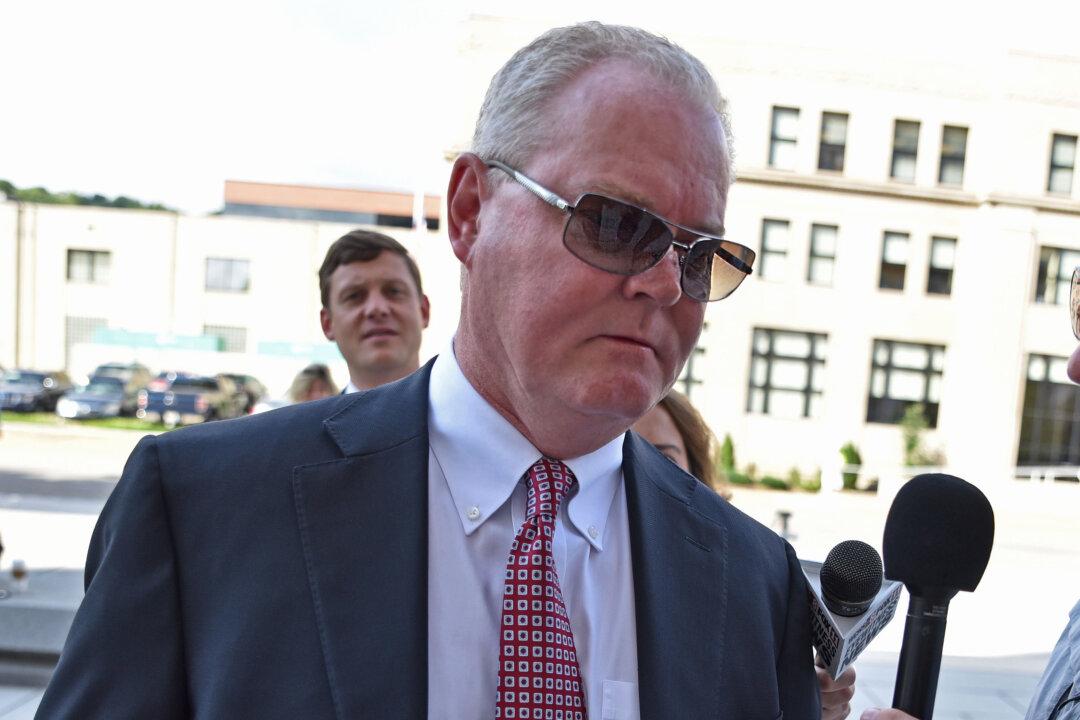CHARLESTON, W.Va.—An executive who appeared unsympathetic when he spoke to the public after a chemical spill sullied tap water for 300,000 people in West Virginia was sentenced to one month in federal prison Wednesday.
Ex-Freedom Industries President Gary Southern, who told reporters a day after the January 2014 spill that he had had a “long day” and tried to leave a news conference multiple times, also was fined $20,000 in U.S. District Court.
Southern, the last of six ex-Freedom Industries officials to be sentenced on pollution charges, told the court Wednesday that he accepted responsibility “for my shortcomings and oversights” and that he was “not the person that I was painted on television.”
Southern was a co-founder of Freedom Industries and had direct oversight of the Elk River facility. He was Freedom Industries’ chief operating officer starting in May 2009, a member of its board from March 2010 to October 2013 and became president when it was sold in December 2013.
The following month, a corroded Freedom tank in Charleston leaked thousands of gallons of coal-cleaning chemicals into the water supply for nine counties, spurring a ban on tap water for up to 10 days. Residents immediately cleared store shelves of bottled water, and many restaurants were forced to close or cut back services temporarily.
According to an FBI affidavit, officials had been aware of critical deficiencies at the Freedom site for more than a decade, including a cracked containment wall that let chemicals seep down a bank into the Elk River. But improvements to the wall weren’t made.
Four others were sentenced to probation in the criminal case; a fifth also received a one-month prison term. Freedom Industries, which filed for bankruptcy eight days after the spill, was fined $900,000, although Judge Thomas Johnston said the fine was symbolic due to the company’s liquidation in the other case.
Southern pleaded guilty to three pollution charges and could have been sentenced to up to three years. Prosecutors dropped 12 other counts related to bankruptcy fraud.





